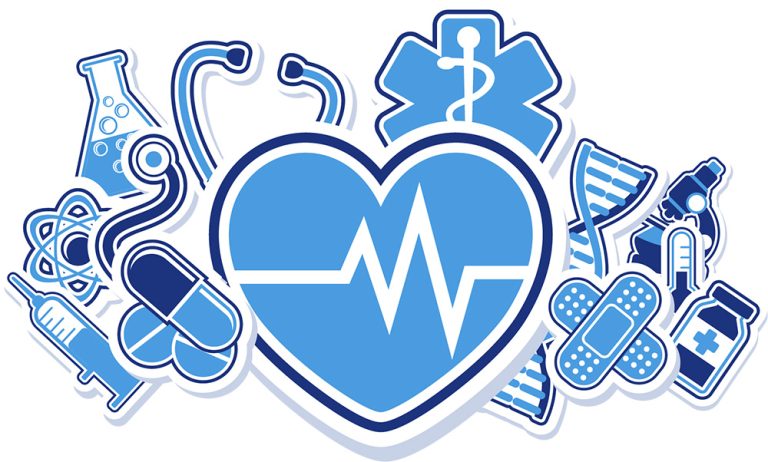Why Business Consulting is Essential to Healthcare Providers
In the ever-evolving landscape of healthcare, the demand for efficiency, compliance, and superior patient care has never been higher. Medical consulting has emerged as a critical solution for healthcare providers aiming to navigate these complex waters, offering a myriad of benefits that span operational efficiency, technological adoption, compliance, strategic planning, and patient care improvement. This essay delves into the reasons why medical consulting is an invaluable asset for healthcare providers.
Enhanced Operational Efficiency
One of the primary reasons healthcare providers turn to medical consultants is to improve operational efficiency. Consultants offer fresh perspectives backed by industry best practices and innovative solutions that streamline processes, reduce waste, and optimize resource allocation. For instance, a study highlighted in the Journal of Healthcare Management showed that healthcare facilities that engaged in consulting services reported significant improvements in operational efficiency, leading to reduced costs and enhanced service delivery. These consultants conduct thorough assessments to identify bottlenecks and inefficiencies, proposing tailored strategies that align with the organization’s goals and resources.
Strategic Planning and Competitive Advantage
The healthcare sector is highly competitive, with organizations constantly striving to expand their services, attract more patients, and increase market share. Medical consultants play a crucial role in strategic planning, helping providers to identify growth opportunities, develop competitive strategies, and adapt to market changes. They bring to the table extensive knowledge of healthcare trends, regulatory changes, and competitive dynamics, enabling healthcare providers to make informed decisions and stay ahead of the curve. According to a report by McKinsey & Company, healthcare organizations that engaged in strategic consulting were better positioned to seize market opportunities and navigate the challenges posed by healthcare reforms.
Technology Implementation and Integration
The rapid advancement of healthcare technology, from electronic health records (EHRs) to telemedicine, presents both opportunities and challenges for healthcare providers. Medical consultants specialize in technology adoption and can guide organizations through the selection, implementation, and integration of the latest healthcare technologies. Their expertise ensures that technology investments align with the organization’s objectives, enhance patient care, and comply with regulatory standards. A study published in Healthcare IT News found that medical facilities that utilized consulting services for technology implementation saw a more seamless transition, with reduced downtime and higher user adoption rates.
Compliance and Risk Management
Navigating the complex regulatory environment of healthcare is another area where medical consulting proves invaluable. Consultants offer expertise in healthcare laws, regulations, and standards, ensuring that organizations remain compliant and avoid costly penalties. They stay abreast of the latest regulatory changes and can help implement compliance programs, conduct risk assessments, and develop strategies to mitigate risks. The American Health Lawyers Association emphasizes the role of consultants in enhancing compliance, highlighting their ability to identify potential legal and regulatory vulnerabilities and recommend preventative measures.
Improved Patient Care
Ultimately, the goal of any healthcare provider is to deliver the highest quality of patient care. Medical consultants contribute significantly to this objective by identifying ways to improve patient outcomes, enhance the patient experience, and ensure patient safety. They can help organizations adopt evidence-based practices, improve clinical workflows, and leverage data analytics for better patient care planning and outcomes. A research article in the New England Journal of Medicine illustrated how consulting interventions led to measurable improvements in patient satisfaction and clinical outcomes, underscoring the critical role of consultants in driving patient-centric care.
Conclusion
In conclusion, medical consulting presents a strategic advantage for healthcare providers seeking to improve operational efficiency, gain competitive edge, adopt cutting-edge technologies, ensure compliance, and ultimately enhance patient care. The expertise and external perspective that consultants bring can help healthcare organizations navigate the complexities of the modern healthcare landscape, making informed decisions that drive growth and improve health outcomes. As the healthcare industry continues to evolve, the role of medical consulting is likely to become even more integral to the success of healthcare providers. Engaging with a medical consulting firm is not just an option but a strategic necessity for healthcare organizations committed to excellence in care delivery and operational performance.

